Neoprogressive
Neo-Progressive rock (more commonly “Neo-Prog”) is a subgenre of Progressive Rock that grew out of a strong influence by and admiration for the classic symphonic prog bands that flourished during the 1970s. Debate over when Neo-Prog actually came into being often takes place, some asserting it began with Script for a Jester’s Tear by Marillion in 1983. Others contend it began with Twelfth Night at the dawn of the 80s, while some even suggest the popular symphonic prog band Genesis gave rise to the sound that would typify or at least highly influence the sound that characterizes Neo-Prog with their 1976 album, A Trick of the Tail.
As a transition, if one analyses the progressive movement just before 1980, then some very influential albums easily come to mind: Steve Hackett - Spectral Mornings, Genesis - Wind & Wuthering, Genesis - And Then There Were Three, Genesis - Seconds Out, Saga - Saga, all the Camel's albums between Breathless and The Single Factor included, and some Eloy's albums, especially Silent Cries And Mighty Echoes. In the 80's, the movement was primarily UK-based, but bands eventually came from countries all around the world, especially in the 90's.
Neo-Prog is characterized by deeply emotional content, often delivered via dramatic lyrics and a generous use of imagery and theatricality on-stage. The music, at odds with a few genres of music held under the Progressive Rock banner, is mostly the product of careful composition, relying less heavily on improvised jamming. The subgenre relies very much on clean, melodic & emotional electric guitar solos, combined with modern, lush, floating and atmospheric keyboards. The main musical influences on the Neo-Prog genre are Genesis, Yes, Camel, and Pink Floyd.
The 1980s:The style of Neo-Progressive music during this decade was surprisingly not very much influenced by the New Wave movement in the realm of popular music, apart from the band Twelfth Night. Many bands who were influenced by the classic symphonic bands of the 70s sought to infuse new musical technology, such as digital synthesizers, and new production values into their sound, creating progressive rock that was fresh yet still characterized by nuances of the classic era of symphonic prog.
Premier bands of the 80s: Abraxas, IQ, Marillion, Pallas, Pendragon, Twelfth Night
The 1990s/2000s:Just as popular music became impregnated with the New Wave sound that characterized the early 80s, Neo-Prog moved on to a more refined form that seemed to return more to the roots of progressive rock compositionally, while still trying not to regress into well-worn territory. Neo-Prog often took on a form with a much harder edge than most of the classic symphonic bands ever developed, with bands such as Arena having just as much in common with the Progressive Metal genre as with Neo-Prog.
Premier bands of the 1990s/2000s: Arena, Collage, IQ, Marillion, Pendragon, Quidam, Sylvan
This text prepared by the Neo-prog specialist team - Stonebeard, Cygnus X-2, Greenback
http://www.progarchives.com/subgenre.asp?style=18Neo Progressive 20 key studio albums
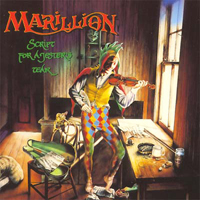 4.37 MARILLION Script For A Jester's Tear (1983) |  4.30 ARENA The Visitor (1998) | 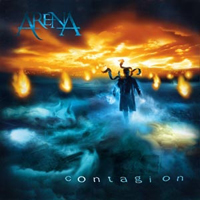 4.29 ARENA Contagion (2002) | 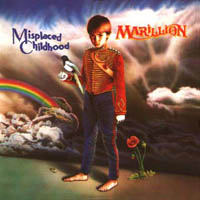 4.23 MARILLION Misplaced Childhood (1985) |
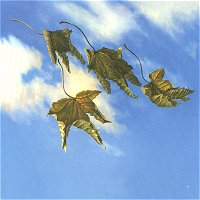 4.41 ABRAXAS Abraxas ... Cykl Obraca Się. Narodziny, Dzieciństwo Pełne Duszy, Uśmiechów Niewinnych I Zdrady (1996) |  4.26 NEXUS Metanoia (2001) | 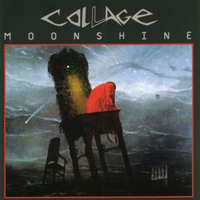 4.13 COLLAGE Moonshine (1994) | 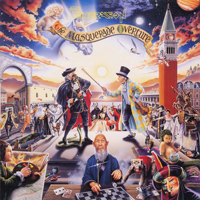 4.12 PENDRAGON The Masquerade Overture (1996) |
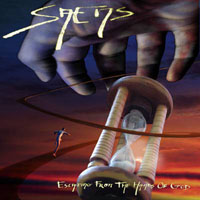 4.38 SAENS Escaping from the Hands of God (2002) | 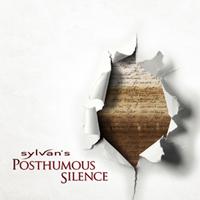 4.24 SYLVAN Posthumous Silence (2006) | 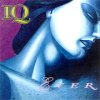 4.12 IQ Ever (1993) | 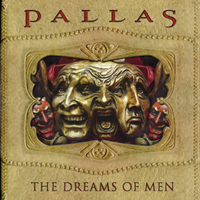 4.19 PALLAS The Dreams Of Men (2005) |
 4.58 SKEEM Skeem (2001) | 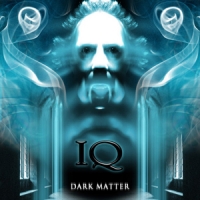 4.07 IQ Dark Matter (2004) |  4.11 IQ The Wake (1985) | 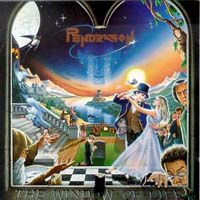 4.13 PENDRAGON The Window Of Life (1993) |
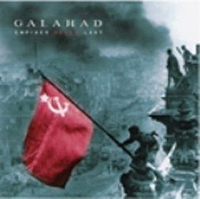 4.18 GALAHAD (GBR) Empires Never Last (2007) |  4.81 SATELLITE Into The Night (2007) | 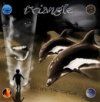 4.62 TRIANGLE Square the Circle (2000) | 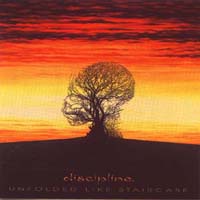 4.12 DISCIPLINE Unfolded Like Staircase (1997) |
